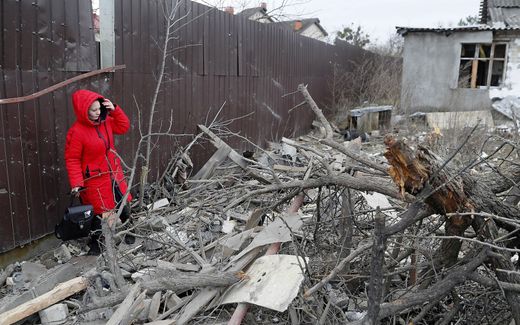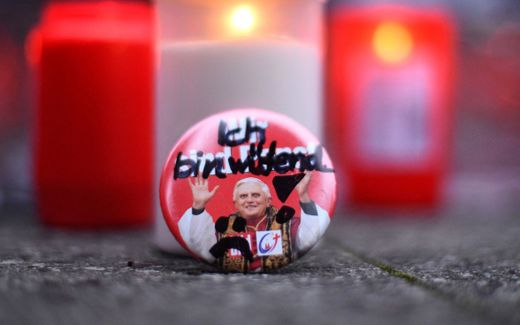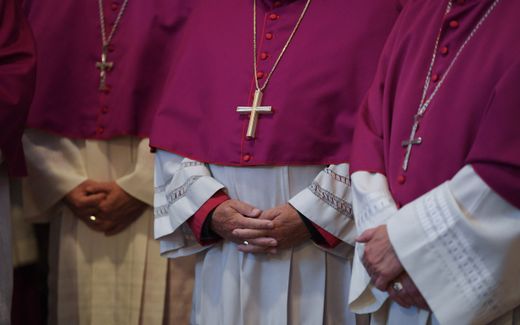Why women are vulnerable to abuse in pastoral care

Photo iStock
Central Europe
In the past decades, numerous abuse scandals have damaged the reputation of Christianity. How come women in pastoral care are especially vulnerable to violence?
No woman gets into an abuse situation by accident, theologian Barbara Haslbeck, consultant at the contact point for women who experienced abuse in the church, says to Katholisch.de. She argues that the perpetrator always deliberately steers the situation to end up as he wants. "It is tested for a long time beforehand."
Spiritual guide
Often, when abuse takes place, perpetrators deliberately exploit someone's trust, she points out. "Let's take an example. A woman is in a relationship crisis. She does not know what to do next and is looking for help. Then she entrusts herself to a spiritual guide who pushes her in a certain direction. If the guide tells her that God wants her to stay in love and keep the relationship going, he does not take her feelings seriously and weakens her moral judgment. She no longer knows what is right for her because she is in crisis and trusts her companion."
Often people do not come for pastoral care unless they are in a difficult situation, Haslbeck says. For example, people are in crisis because they are ill or in mourning. That makes them extra vulnerable to abuse. Also, young people are at risk because they often look for something special in their lives and work hard to find it. "They become dependent on someone who supposedly stands by their side, and abusers exploit this vulnerability. "Finally, there is someone who understands her, who takes her time, who is so special to her. In such a case, the internal warning system is switched off."
Love of God
When abuse takes place in the church, perpetrators often use spiritual elements to justify their actions, according to Haslbeck. For example, in cases of sexual assault, church leaders may say that it is the will of God or that he will show the victim the love of God. "The perpetrator interprets the abuse as love", the German consultant adds. "He has her complete trust, so a kind of guru effect occurs."
With that effect, Haslbeck means that perpetrators are often charismatic people. "They are popular and take advantage of that." A complicating factor is that anyone can offer pastoral care. This means there is no personality check for people who call themselves pastors. "It is particularly dangerous when power is not questioned by a narcissistic pastor", Haslbeck says. "Because people slip into dependence on this person. At first, they feel chosen; it is an honour to be so close to their companion. But later, they no longer have their own lives in their hands."
Feelings
To recognise a good pastor, Haslbeck has some tips. She says that a good counselling session means that people can address their feelings and perceive their own possibilities and abilities. The role of the pastor, according to her, is to help people find their own answers without making them dependent on help. A red flag is when sexual acts occur in pastoral care, Haslbeck warns. "The subject of sexuality may only be addressed if the person being accompanied expressly requests it."
Related Articles








